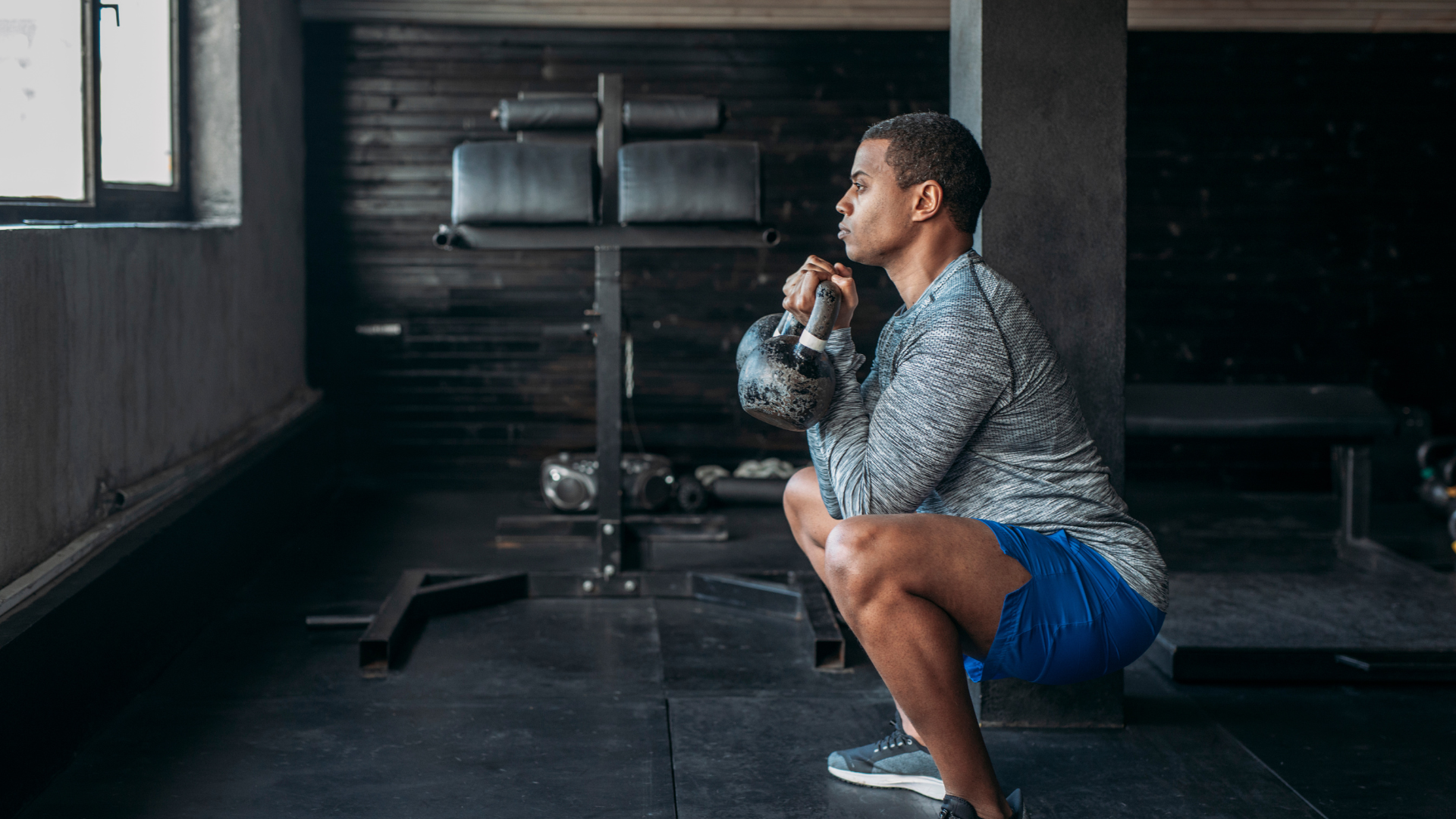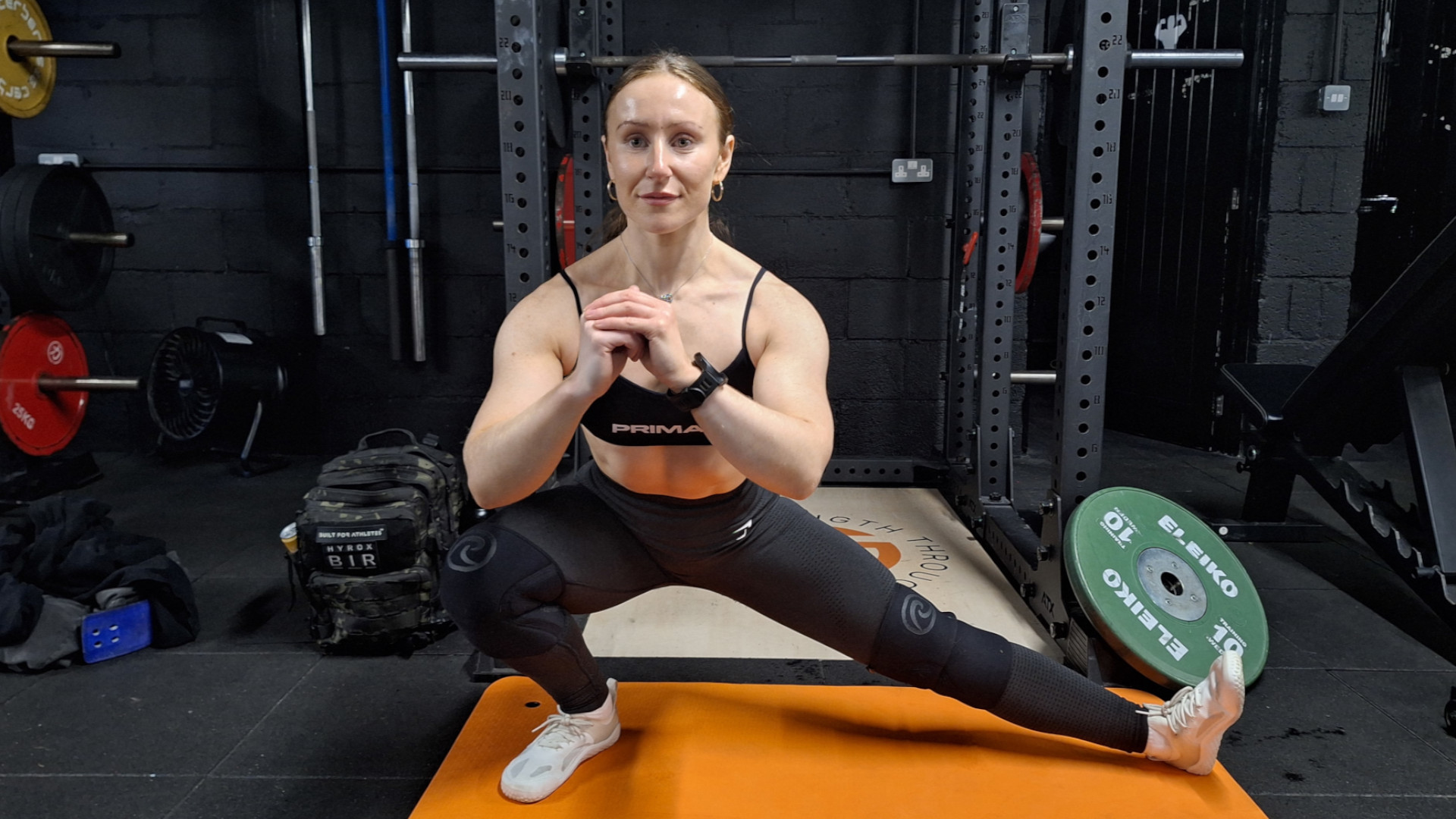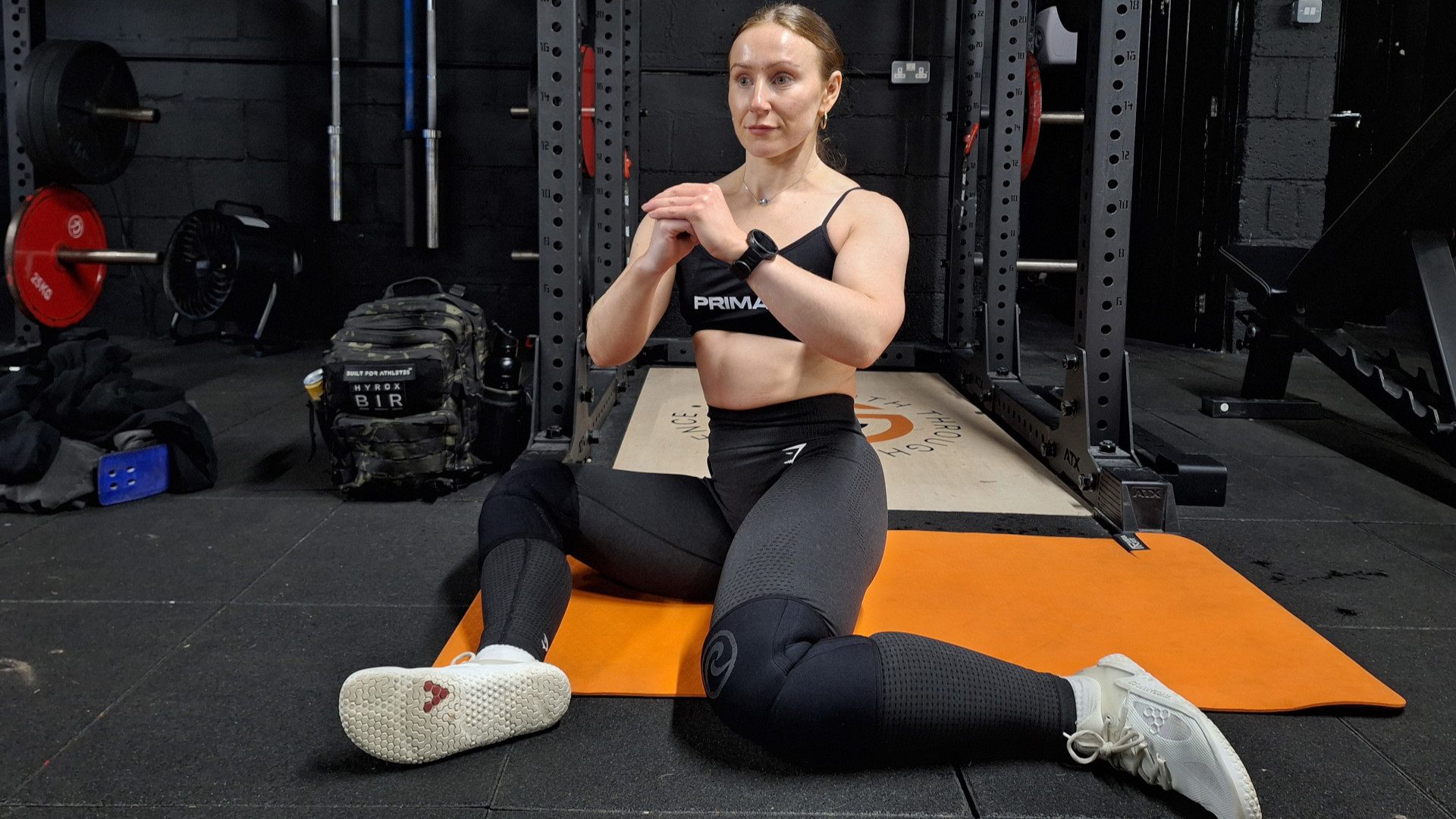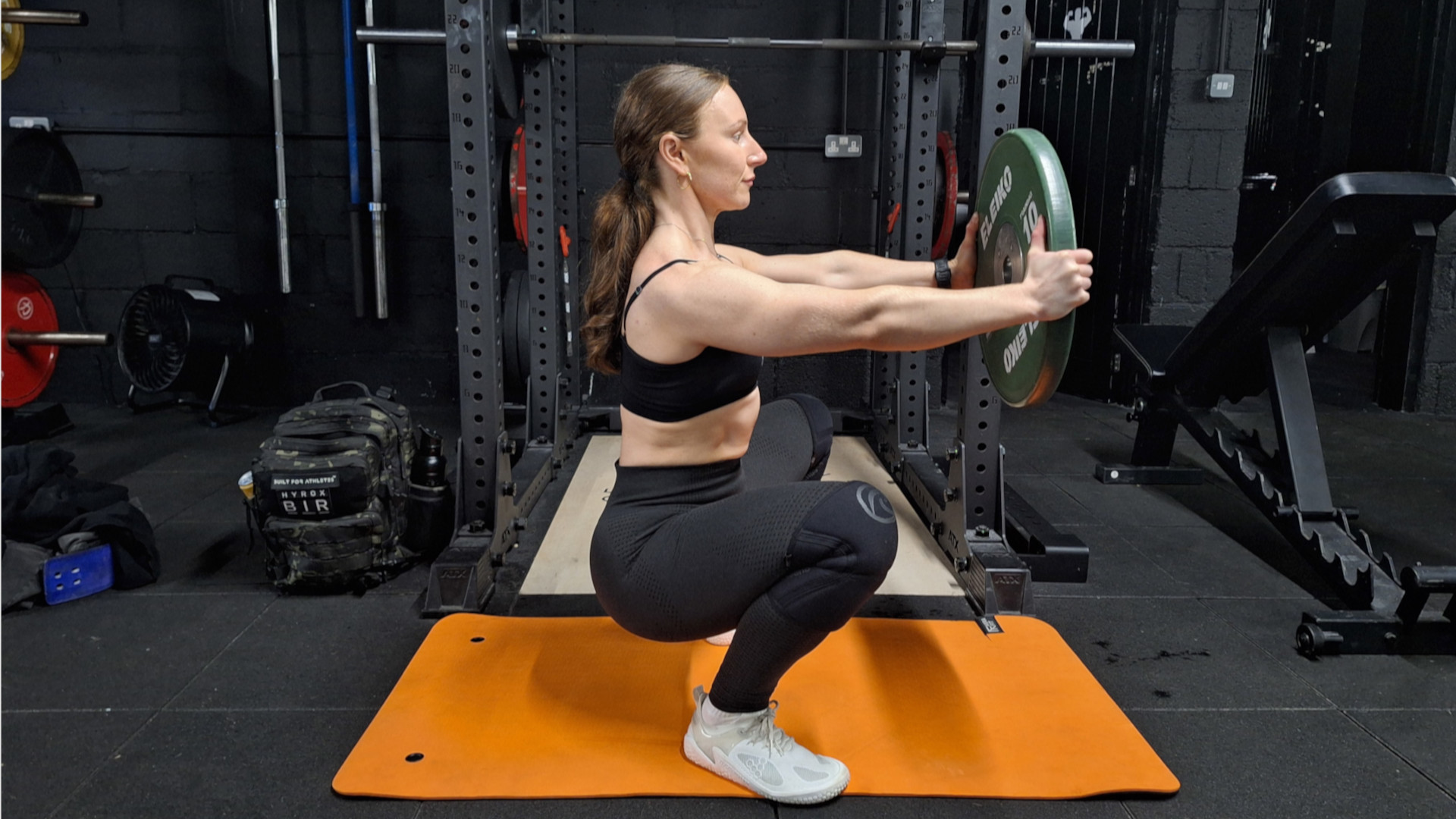I’ve done these three mobility exercises for the past six months – my body’s never moved better
They helped me squat deeper and banish my hip pain


Get all the latest news, reviews, deals and buying guides on gorgeous tech, home and active products from the T3 experts
You are now subscribed
Your newsletter sign-up was successful
Mobility exercises are something we should all do – whether you’re a fitness enthusiast or not – but, let’s be honest, how many of us are actually prioritising them? Six months ago, I definitely wasn’t.
The International Sport Sciences Association defines mobility as “the joints ability to actively move through a range of motion”. Good mobility is key if you want to improve your joint health, posture and be able to execute exercises with better form which, in turn, will reduce the likelihood of injury. Imagine an Olympic weightlifter trying to snatch a barbell above their head with crappy mobility? It would be a disaster to say the least.
Despite doing heavy weightlifting four times a week, I would never really do mobility (now it makes so much more sense as to why my squat depth sucked and I regularly had lower back pain). But when I swapped from weightlifting to HYROX training last year to prep for my first race – which focuses around functional fitness and running – it became evident how much mobility I lacked. I was stiff, I had terrible hip pain and my lower back was always giving me grief. It almost felt like my body was telling me ‘ha, you will start to prioritise mobility’.
From then onwards I did have to start, because I couldn’t put up with the pain my body was encountering from not being able to move efficiently. I began prioritising it during every warm up and made a conscious effort to do some on my rest days too. I wasn’t able to suddenly sink into my deepest squat ever, or start touching my toes on day two but, six months later, and my body is moving the best it ever has (and I can do both of those things now). There were lots of exercises I did, but these were three of my favourites and the ones I’m still doing.
Cossack squat

This is one of my favourite squat variations to include in my warm ups and it’s done wonders to improve the range of motion in my lower body, as it works your hips, ankles, abductors and hamstrings. It's helped me squat deeper, lunge lower and jump higher. It's also excellent for firing up your core and is a great glute burner if you hold a weight whilst doing it. I’d do three sets of eight to 10 reps in warm ups, holding in the bottom position for two seconds.
It’s not the easiest of exercises to get into. I certainly couldn’t do it straight away and it took me a couple of months to be able to raise my foot off the floor. If you think you’ll struggle, Dr. Aaron Horschig suggests holding onto something stable in front of you – like the side of a squat rack or if you’re at home a table – then to just lower your body down as far as it’ll go to one side. It doesn’t matter if it looks like you’re doing a side lunge, over time you will find yourself getting deeper into the movement. Just stay consistent and keep practising!
90/90 windshield wipers

As someone who works from a desk all day, I’m no stranger to tight hips which can lead to all sorts of niggles in the lower back, knees and really hinder your performance when working out. When I learnt how to run 8 kilometres in 30 days, this became evident, as my tight hips contributed terribly to my lower back pain. But by including this exercise in my warm-ups, and doing it consistently, it’s massively improved this.
Get all the latest news, reviews, deals and buying guides on gorgeous tech, home and active products from the T3 experts
TRX Training says it is a great exercise to gently get the hips moving through a full range of internal and external rotation and what I particularly like is how beginner-friendly it is. All you have to do is sit on the floor with your knees bent in front of you, slightly wider than hip-width, with your feet on the floor. Place your hands behind you for support if needed. Then you just lower your knees to one side of your body to make a 90/90 angle. I’d do three sets of 12 to 15 reps.
Deep squat with a plate hold

This has been a gamechanger on my squat days and if you’re not including it in your warmups, then you should be. It’s made massive improvements to my squat depth and it’s probably now the best it’s ever been. This is because it helps with opening up the hips and ankle mobility which, according to Dr. Aaron Horschig says is "almost the number one problem that hinders good squat technique”. It’s also brilliant for priming your core and glutes too – so it basically works all the key elements you need for a successful squat.
It’s a simple exercise to execute; you just grab a light weight plate (I’d go for 5kg normally), or you could use a light dumbbell or kettlebell. You then sink down into a deep goblet squat, or as low as you can go, whilst holding your weight in front of you with your elbows resting on your knees. I like to extend my arms directly out in front to work my core more, but I wouldn’t recommend this for beginners as it is challenging. Hold in this position for 20 seconds whilst trying to shift your weight from side to side. I would do three rounds of this and found I could drop down into my squats and back up like a little pogo stick.

Bryony’s T3’s official ‘gym-bunny’ and Active Staff Writer, covering all things fitness. She is a certified personal trainer and also a part-time fitness instructor. In her spare time, you will find her in her natural habitat - the gym - where her style of training is a hybrid of bodybuilding and powerlifting. Bryony loves writing about accessible workouts, nutrition and testing innovative fitness products that help you reach your fitness goals and take your training to the next level.